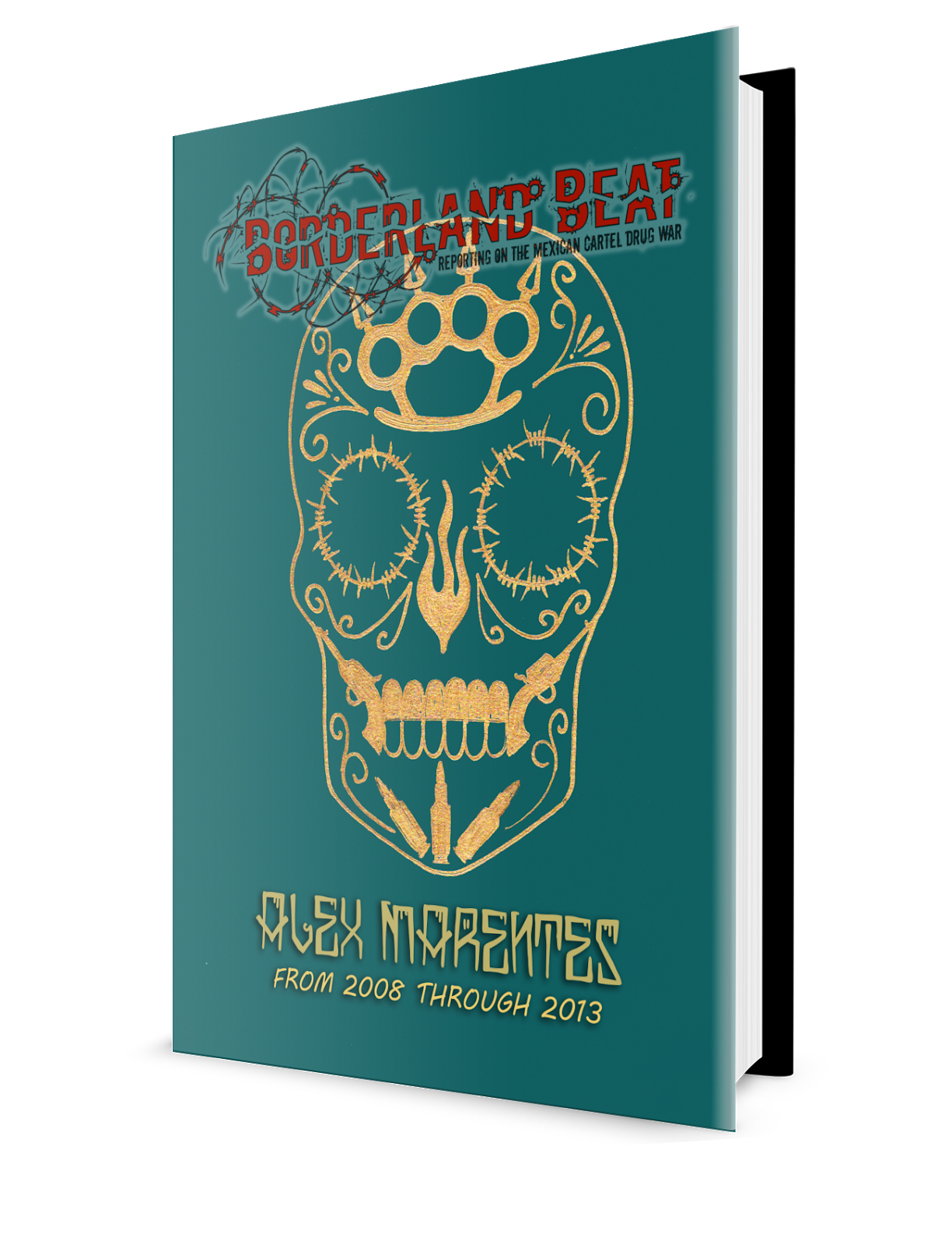Veronica Flores-Paniagua

It's easy to overlook the drug-cartel carnage south of the border because the bloodshed seems so far removed.
With the exception of residents of the U.S.-Mexico border, most will find it hard to fathom that more than 25,000 people — about the population of Seguin — have died in drug-related violence in Mexico since 2006. Ciudad Juárez, across the border from El Paso, already has seen about 1,000 homicides this year. The discovery last week of 72slaughtered migrants just 85 miles south of Brownsville, reportedly at the hands of the Zetas drug gang, will be a blip on the public consciousness, as will be this week's capture in Mexico of suspected drug cartel leader Edgar “La Barbie” Valdez Villarreal.
There is a common denominator, however, and it's one that most of us come in contact with regularly: U.S. banks.
A U.S. federal case in Miami that was settled earlier this year was stunning for what it revealed of the role banks play in the flow of money that fuels the violent drug trade. Laundering of drug proceeds is nothing new in Texas, of course. In South Texas, some may remember the 1994 federal conviction of two American Express International employees in a $30 million money-laundering scheme tied to the Gulf Cartel. At the time, a related $50 million agreement was termed the largest drug money-laundering settlement ever reached with an American financial institution. That, apparently, was chump change.

n the agreement Wells Fargo & Co. struck with federal prosecutors in March, Wachovia Corp., acquired by Wells Fargo in 2008, admitted that it failed to properly monitor the handling of $378.4 billion for Mexican casas de cambio, or currency exchange houses, from 2004 to 2007, according to a Bloomberg report. The bank's violation of the 40-year-old Bank Secrecy Act is said to be the largest of the anti-money laundering law in U.S. history. Under the settlement, Wells Fargo forked over $160 million in fines and penalties.
Among Wachovia's admissions, according to the Bloomberg account: it failed to monitor and report suspected money laundering by drug traffickers, including the cash used to buy four planes that shipped 22 tons of cocaine.
Even as the feds had the bank red-handed, the quick path to a settlement rather than prosecution begs the question of why the government didn't throw the book at Wells Fargo.
Bloomberg's story noted that no big U.S. bank has ever been indicted for violating the Bank Secrecy Act — or any other federal law, apparently because of concerns that doing so could destabilize financial markets. The Justice Department instead settles criminal charges by using deferred-prosecution agreements; a bank pays a fine and promises not to the break the law again. That's some stick.
For all the chaos of the drug war, a Laredo lawyer who talked to me only on the condition that his name and very little identifying information be used is more open-minded than I'm inclined to be over how the government handled the Wells Fargo case.
“The reality is that businesses need to exchange money to keep commerce running,” he said. “The war on drugs, whether we like it or not, tends to get in the way of that.”
But it's clear the violence has traumatized him. He doesn't see his mother or siblings in Nuevo Laredo as often as he used to. Friends visit less frequently. “We have hope that things will eventually get back to normal,” he said.
What's normal? I asked.
“Living without fear.”
What's the price of that?









This is huge. I posted a lot on BB last week about Wells Fargo and the US banks laundering money with impunity.
ReplyDeleteWells fargo is going after western union business not covertly after the hog share of the cash wire business AKA drug $$$
The wheel does not have to be reinvented on this one, laws exist, if the US gov would confront these violations by punitive or prosecutorial action, the additional resources needed, which is the excuse given by the government, would be well funded by asset seizures.
Stemming the flow of drug money from the US in essence greatly compromises or even paralyzes cartel business. Money flows south then invested to 42 countries worldwide. Countries that are without treaty or agreement to share finacial information, or simply turn a blind eye to the investments.
This is just the proverbial tip of the iceberg. There HAS to be some collusion between drug cartels and the banks that hold and launder their money.
ReplyDeleteLets face it, with THAT much money is moving across the border it would be amazing if the cartels didn't have some people inside the banking system working with them to get that money laundered.
And the reason none of this is ever more that a 2 minute story in the final minutes of any news program is that in the US we like to sweep our corruption under the rug and call it lobbying.
The US Federal govt is has been and probably will always be inept arrogant lazy and is tuned to politics,the laws are on the books getting them enforced is the problem,allowing banks to buy,bribe(fine) their way out is not good enough.
ReplyDelete